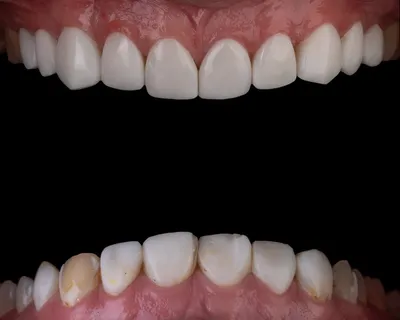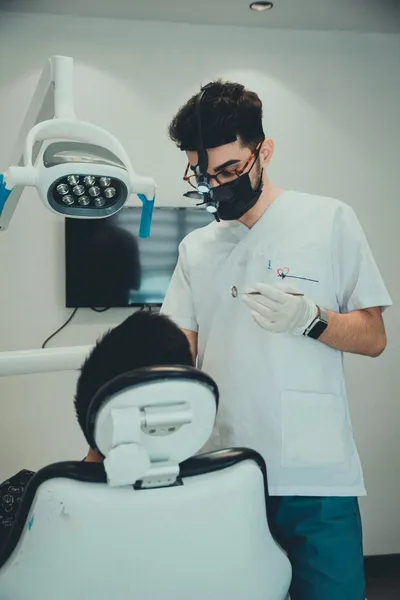Partial Dentures vs. Full Dentures: Key Differences and Considerations

Understanding the Basics: Partial vs. Full Dentures
When it comes to dentures, understanding the distinction between partial and full dentures is crucial for making an informed decision about your dental health. Both options serve to replace missing teeth, but they cater to different needs and situations.
What are Partial Dentures?
Partial dentures are removable appliances designed for patients who still have some of their natural teeth. They fill in the gaps created by missing teeth and are typically anchored to the existing healthy teeth with metal clasps or precision attachments.
Exploring Full Dentures
Full dentures, on the other hand, are used when all of a patient’s teeth in one or both jaws are missing. These dentures sit directly on the gums and are designed to be removable. They can be conventional or immediate – made after the teeth have been removed or placed immediately after the teeth extraction, respectively.
Evaluating the Benefits of Each
The Advantages of Partial Dentures
Partial dentures can provide increased stability compared to full dentures when there are still some natural teeth in place. They help prevent the remaining teeth from shifting, thus maintaining the structural integrity of the mouth.
Pros of Full Dentures
Full dentures are usually a complete solution for those who have lost all their teeth. They not only restore aesthetics but also improve oral functionality, such as chewing and speaking abilities.
Considerations for Selection
Factors to Consider
Choosing between partial and full dentures often depends on the number of teeth remaining and the overall health of the patient’s gums and jawbone. A professional dental evaluation can help determine which option is most suitable.
Customization and Comfort
Both partial and full dentures are custom-made, but their fit is essential for comfort and function. Frequent adjustments may be necessary to ensure they feel natural and comfortable in the mouth.
Conclusion
Making the right choice between partial and full dentures involves a comprehensive consideration of your dental health needs, lifestyle, and financial considerations. Consulting with an experienced dental professional can provide guidance based on your specific circumstances.
Popular Dental Implant Articles
Check out our most popular articles on dental implants and dentures, trusted by our readers for reliable information.



